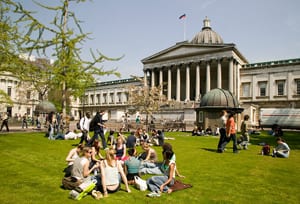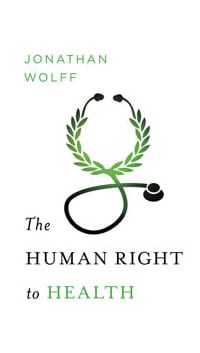UCL Year 12 conference
By news editor, on 29 June 2012
 Year 12 students interested in studying the arts, humanities or the social sciences flocked to UCL for a human rights-themed conference on 19 June.
Year 12 students interested in studying the arts, humanities or the social sciences flocked to UCL for a human rights-themed conference on 19 June.
The event programme featured lectures and seminars on philosophy, law, archaeology and history, and stimulated the following selection of student responses.
Khadija Koroma
Should the UK give an official apology for its part in the slave trade? This is just one of the many questions that was discussed in the UCL year 12 conference. To most, their initial answer to the question was “yes”, but after having discussed such a controversial issue in the history seminar and lecture, many were left undecided.
This was due to the fact that today there are approximately 12–27 million slaves in the world – a figure that far outnumbers the 3.1 million Africans enslaved during the slave trade. Therefore, instead of apologising for something our generation did not play a part in, we should be trying to resolve the issue of slavery that is getting worse everyday.
 Close
Close




